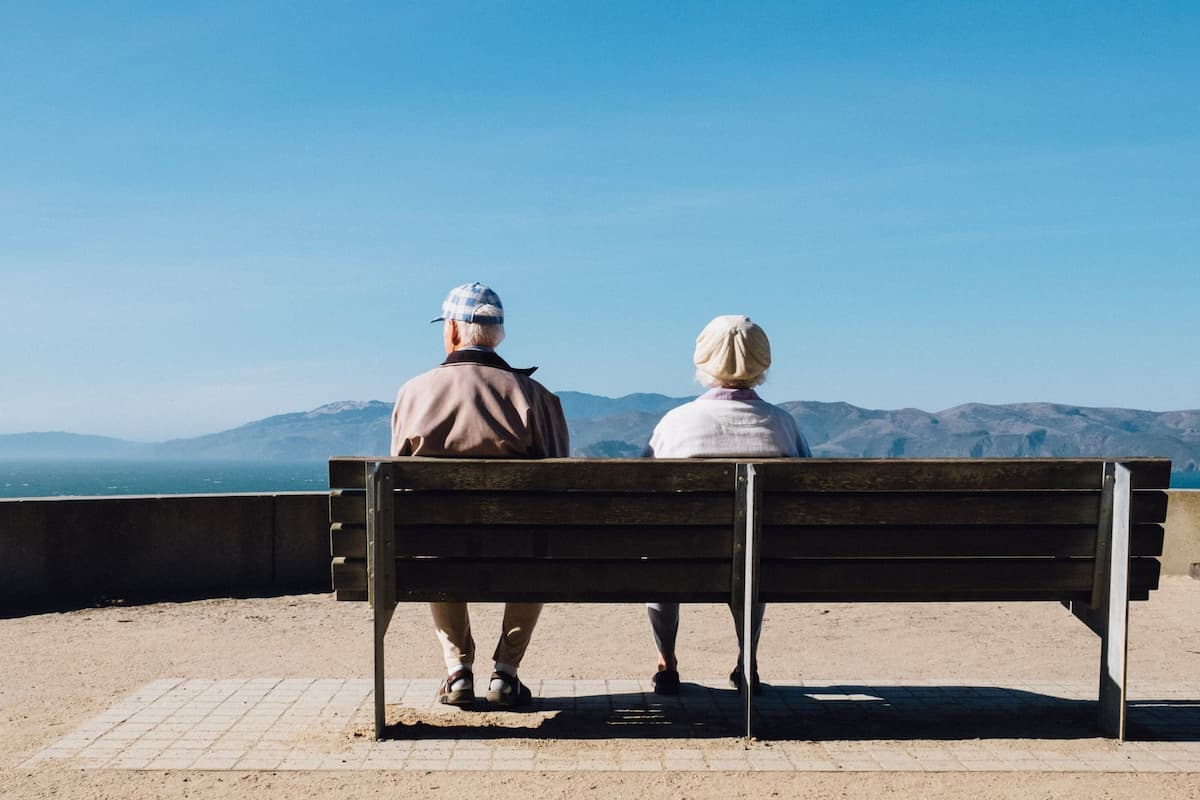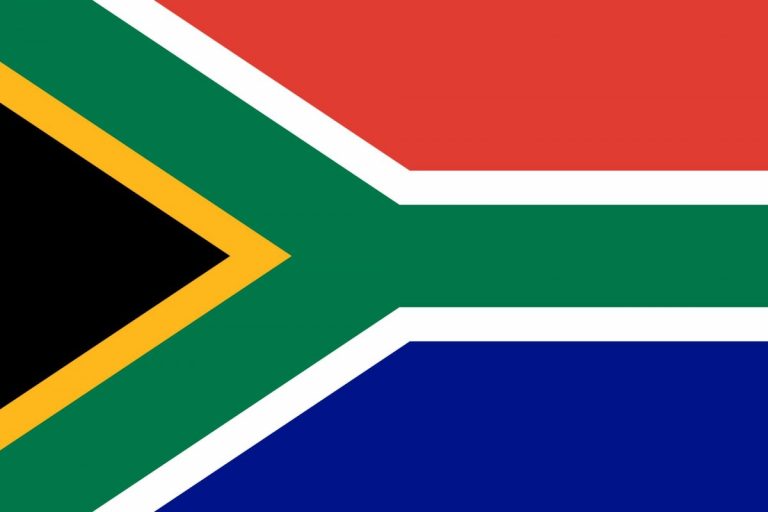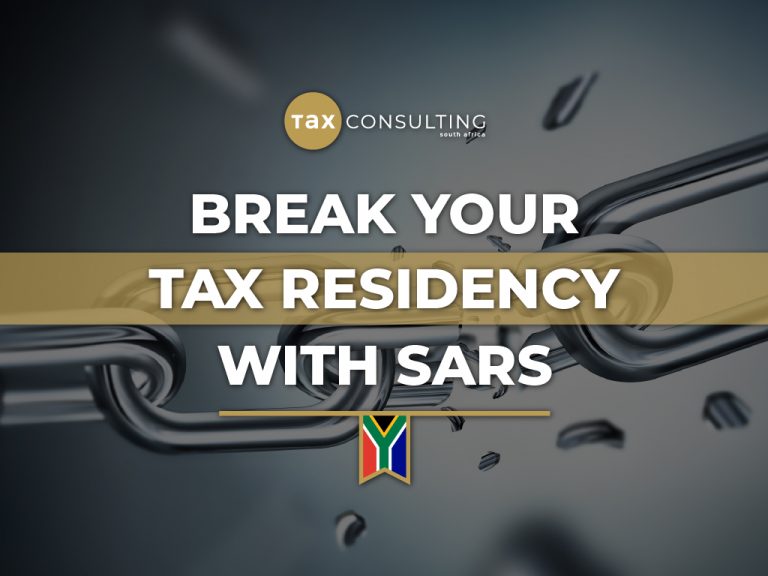
Reversing historic gender discrimination
Double descent came about from the 2018 case of the Advocate General for Scotland v Romein, where the UK Supreme Court examined historical gender discrimination issues derived from former British nationality legislation. Before the current British Nationality Act 1981 came into force on 1 January 1983, British women could not pass British citizenship to their children born outside the UK. Under that law, only British fathers could do so, if the birth was registered at a British consulate within a year.
This applied to men who were British either by birth or by descent (i.e. whose fathers had been born in the UK). At the time, men born in the UK had to right to pass British citizenship to children and grandchildren. This was known as “double descent”. This is no longer the case.
The Romein judgement
Ms Romein, who made the appeal was born in the US in 1978. Her father was a US citizen, and her mother was a South African born British citizen by descent. Ms Romein’s maternal grandfather had been born in the UK, so was able to pass on his citizenship to Ms Romein’s mother. Whilst pregnant with Ms Romein, her mother made enquiries with the British High Commission in Johannesburg to be told that she would not be able to register her child as a British citizen.
After the current British Nationality Act 1981 became law, changes to the nationality rules were introduced allowing individuals born abroad to British mothers before 1983 to potentially register as British citizens by descent. Ms Romein tried to take advantage of this change to claim British citizenship. The Home Office rejected her application on the basis that her birth had not been registered at a British consular office within a year of her birth. Ms Romein challenged this decision in the UK courts. The case went all the way to the Supreme Court who ruled in favour of Ms Romein.
Who can benefit
Although this was a complex judgement, broadly speaking, the applicants for double descent must meet the following requirements:
- must have been born in a foreign country. This will vary from country to country. In Commonwealth countries, this means after independence. For example, South African nationals, must have been born between 31 May 1962 (when South Africa left the Commonwealth and was therefore considered a foreign country) and 31 December 1982 (the day before the current nationality law came into force)
- maternal grandfather was born in the UK
- father was not a British citizen, by birth or by descent
- mother was a British citizen at the time (either by birth or by descent)
Applicants able to meet these four requirements are in the strongest position to be registered as British citizens. However, these requirements are not set in stone, and it may be possible to secure registration in cases where the applicant partially meets the criteria.
How to apply
Applications for British nationality by double descent need to be made to the Home Office’s nationality department in the UK. Whilst applications can be made from abroad, they will not be processed by consulates or High Commissions. Applicants must deal directly with the Home Office in Liverpool.
Applications are free of charge but a payment of £80 is required on application. This is to fund a citizenship ceremony if the application is successful. There is also a small charge to be paid to enrol biometric information at a visa centre either in the UK or abroad.
It needs to be understood that there is no automatic entitlement to registration as a British citizen by double descent. All applications made under British Nationality Law are discretionary in nature and very much decided on a case-by-case basis. This means that if the application is refused, there is no right of appeal although there is a reconsideration process to challenge negative decisions.
Conclusion
British nationality law is complex in nature. Every case must be argued individually on its own specific facts and merits. It is important to understand that successful applicants become British citizens by descent and will not be able to pass on citizenship to their own children unless they have lived in the UK for 3 years at any time before their children were born.
Article prepared by Ana Gonzalez, who is an immigration solicitor and Partner at Wilson Solicitors LLP. With over 20 years working in the field, Ana has very extensive expertise in all aspects of UK Immigration and Asylum Law.

















